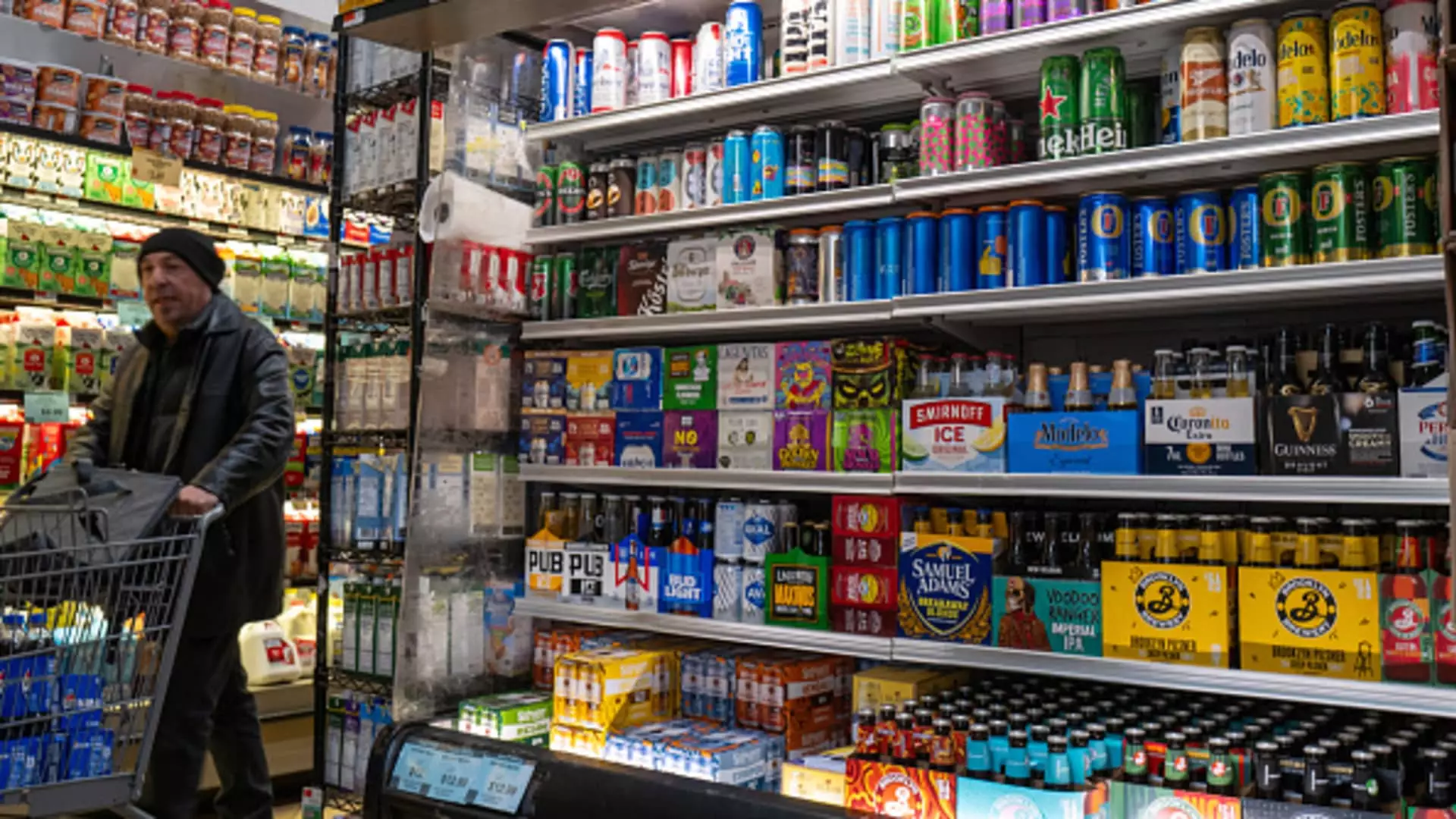The recent advisory released by Dr. Vivek Murthy, the U.S. Surgeon General, highlights the troubling and well-established correlation between alcohol consumption and various types of cancer. This announcement makes it clear that drinking alcohol is not merely a lifestyle choice but poses significant health risks, with research indicating that it contributes to the development of at least seven different cancer types, including breast, liver, colorectum, and esophagus cancers. The level of risk begins at surprisingly low consumption levels, sometimes as little as one drink a day. Such findings necessitate a broader public understanding of the risks associated with alcohol consumption, which is often overshadowed by societal norms that normalize drinking.
In the wake of this advisory, the Surgeon General has suggested several pivotal policy changes aimed at reducing alcohol consumption and, consequently, cancer rates. Notably, there is a call for clearer labeling on alcoholic beverages, which would include concise warnings about the heightened risk of cancer. Such measures could serve to inform consumers more effectively, similar to the health warnings that accompany tobacco products. Additionally, Dr. Murthy emphasizes the need to reassess the recommended limits of alcohol consumption, ensuring that guidelines reflect the latest scientific research. Expanding educational initiatives to raise awareness about the link between alcohol and cancer is also critical in cultivating informed public behavior.
The Surgeon General’s proactive stance mirrors strategies deployed against tobacco use, which have seen significant success in decreasing smoking rates over the past few decades. As consumer awareness grows regarding the dangers of tobacco, a similar incremental approach might foster a societal shift in attitudes towards alcohol consumption.
The advisory underscores that alcohol consumption is the third leading preventable cause of cancer in the United States, trailing only tobacco smoking and obesity. Alarmingly, alcohol is linked to around 100,000 cancer diagnoses and approximately 20,000 cancer-related deaths each year. Dr. Murthy contrasts these figures with traffic fatalities caused by alcohol, which average around 13,500 annually, underscoring the grievous nature of the cancer risk that remains largely unrecognized by the general public.
Despite the gravity of these statistics, it is striking that less than half of U.S. adults understand the potential cancer risks associated with alcohol consumption. This level of unawareness is concerning, particularly when considering that a significant portion of the population—72% of adults—consumes alcohol regularly, often without understanding the gravity of the risks they are taking.
Interestingly, trends suggest that younger Americans are beginning to reassess their relationship with alcohol. Recent surveys indicate that about two-thirds of adults aged 18 to 34 believe that alcohol consumption negatively impacts health. In stark contrast, individuals aged 35 to 54 or older are less likely to hold this view, with less than 40% expressing similar concerns. This generational divide presents an opportunity for public health campaigns to foster an environment where discussions around the health risks of alcohol consumption become more prevalent.
Moreover, the rise of non-alcoholic alternatives has gained traction among younger consumers, indicating a potential paradigm shift in drinking culture. With younger Americans opting increasingly for healthier lifestyle choices, there exists a critical window for health advocates to leverage this shift and promote awareness surrounding the link between alcohol and cancer.
The advisory issued by the U.S. Surgeon General sets the stage for a necessary national conversation about the health risks associated with alcohol consumption. By pushing for better education, clearer labeling, and more stringent policies, there is hope for significant progress in reducing the incidence of alcohol-related cancers. As both individual behaviors and public health policies evolve, society might embrace healthier choices that align with emerging scientific findings. The fight against cancer, a top health threat, requires informed decision-making and collective action, starting from an understanding of simple lifestyle choices such as alcohol consumption.

